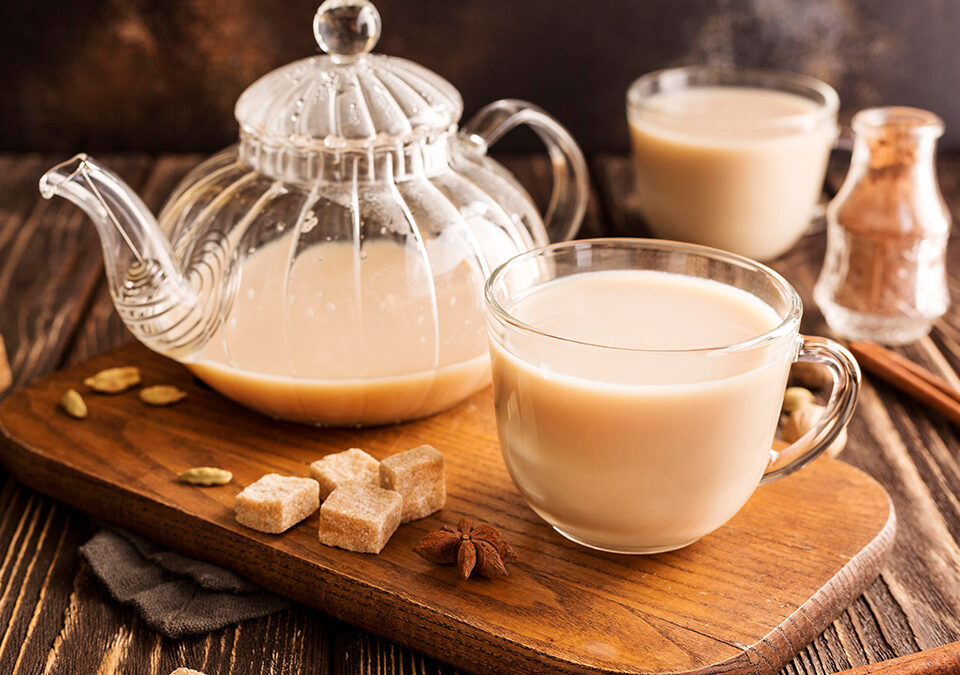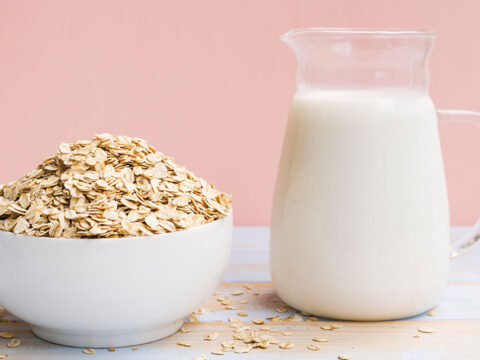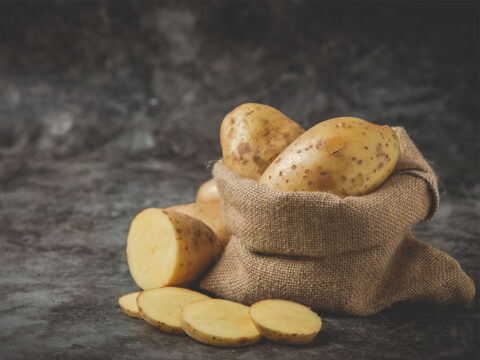
Exercises For Children With Diabetes
June 16, 2021
How Safe Is Honey if You Have Diabetes?
June 16, 2021The subject of tea and diabetes can evoke heated debate, especially in a country like India, where we are all ‘chai’ crazy! There can be little doubt that it is our nation’s most popular drink and the prospect of having to give it up can be hard to palate for anyone diagnosed with diabetes. Fortunately, tea and diabetes aren’t necessarily a bad combination and consuming tea may even offer some benefits to diabetes patients. Of course, this depends on the type of tea and how you consume it.
Is Tea Bad For Diabetes?
Most experts unanimously agree that tea itself isn’t bad for diabetes patients. However, the manner in which we consume tea can make it harmful or less beneficial. This is because most of us in India tend to consume tea with milk and sugar. Sweetened tea is best avoided, whether you use sugar, jaggery or other sweeteners. It is also best to stick with green, black, or herbal teas if you wish to gain any health benefits as research shows that adding milk to tea can decrease its greatest diabetes benefits – improving insulin sensitivity.
Is Unsweet Tea Good For Diabetics?
The short answer is yes, unsweetened teas can be good for diabetics, as both black and green, as well as a number of herbal teas are rich in polyphenols that can increase insulin sensitivity. Tea is also a rich source of flavonoids that offer wide ranging health benefits. One of these benefits that can be therapeutic for diabetes patients is linked to a flavonoid called theanine, which helps lower stress levels and control blood pressure.
To better understand the benefits of tea for diabetes, let’s take a closer look at some popular herbal teas.
Orange Peel Tea And Diabetes
Although orange peels are usually discarded, they are incredibly rich in nutrients including vitamin C, polyphenols, and fibre. Studies show that polyphenols can help in the management or prevention of a wide range of chronic health conditions, including diabetes. Additionally, vitamin C from orange peel tea can benefit immune function, as well as heart health.
Chamomile Tea And Diabetes

Chamomile tea is extremely popular as a natural sleeping aid and this benefit has been confirmed in studies that show that it can help improve sleep quality and promote relaxation. This is obviously beneficial to diabetes patients as inadequate or impaired sleep is known to adversely affect blood sugar regulation. Researchers have also found that consuming up to three cups of chamomile tea a day can improve insulin resistance and inflammation in the body within just 8 weeks.
Ginger Tea And Diabetes

Ginger tea is one of the most popular herbal teas because of its pungent, but rich flavour. It’s also known to offer a wide range of health benefits, with studies showing that ginger intake can help lower levels of fasting blood sugar. Ginger supplementation was even found to improve glycemic control in diabetes patients who weren’t taking insulin. This effect of ginger may be linked to the inhibition of enzymes that play a role in carbohydrate metabolism and also improved insulin sensitivity.
Elderberry Tea And Diabetes
Elderberry is often promoted as a natural diabetes treatment and while it won’t cure the condition, consuming elderberry tea can offer some benefits. Research shows that elderberry intake can have an inhibiting effect on an enzyme called alpha-glucosidase, thereby helping to control blood sugar levels. Elderberry tea may also help by increasing insulin production, which aids blood sugar regulation.
If you plan to add teas to your diet to help with diabetes management, make sure to limit your intake to 3 cups a day without any added sugar or milk. Aside from the herbal teas listed here, you can also consider consuming green tea, hibiscus tea, and cinnamon tea for similar benefits.
Reference Links:
- https://pubmed.ncbi.nlm.nih.gov/12428980/
- https://www.ncbi.nlm.nih.gov/pmc/articles/PMC6160559/
- https://onlinelibrary.wiley.com/doi/abs/10.1111/jan.12836
- https://www.oatext.com/pdf/TGP-1-117.pdf
- https://www.sciencedirect.com/science/article/pii/S2352618115000086
- https://www.ncbi.nlm.nih.gov/pmc/articles/PMC3519348/
- https://pubmed.ncbi.nlm.nih.gov/26270801/





